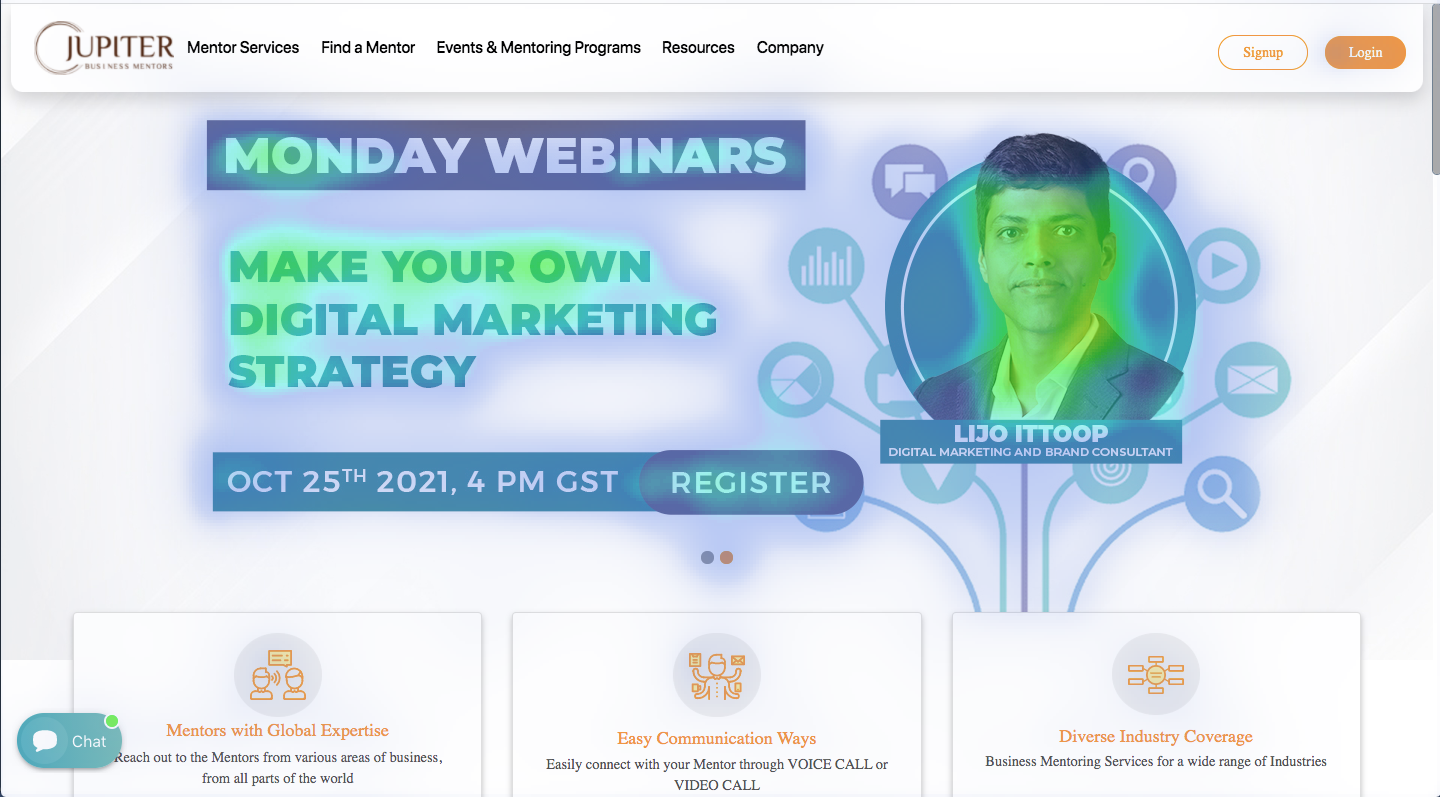Ecommerce is the buzz word in business circles today. It is indeed a growth opportunity and not to be missed if you want to be part of the business-of-the-future. It comes with its challenges no doubt and that’s why we have written this engrossing piece to make your ecommerce business journey easier.
To help, we’ve have listed 10 critical points to work on when starting an eCommerce business.
1. Know your target audience – Before launching your eCommerce website, start with market research. It involves studying the different factors that dominate your targeted market such as customer psychology, competition analysis, market trends, and much more. Through market research, you can identify your core demographic and target them effectively. Have a clearly defined persona to define your audience demographics and psychographics. It helps understand their media consumption patterns during the ads phase too.
2. Keep working on the product – Knowing what products to sell online and whether to sell direct-to-consumer or wholesale is often the most difficult part of starting an eCommerce business. Keep iterating on the product front as you keep learning. Your product is the biggest marketing tool. Running the main product concept on any social listening tool, investigating the product idea and its demand online, reviewing the benefits and drawbacks of your competitor’s products and their social media engagement are some of the best approaches recommended to identify the perfect product to sell.
3. Put heat maps to understand the customer journey – Heat mapping helps in the collection of customer data, the improvement of user experience, and the identification of navigational challenges online. This gives the e-commerce business valuable customer insights and helps in solving major web design issues that are hindering the business’s performance online.

4. Ensure all analytics tags on site – To effectively learn about user behavior, you need accurate data analysis. Many tools are used for this purpose- Google Analytics, Google Tag Manager, Facebook and many more. Ensure analytics tag on your site to track important interactions. The analysis will help you to combine the data and see what really drives sales, which traffic sources are more effective than others, etc.
5. Choose the right e-commerce platform – Dedicated eCommerce platforms are the easiest way to quickly launch a full-featured eCommerce website. There are many e-commerce platforms that not only allow you to create and launch your online store, but also customize your design, add your domain (or purchase one), manage inventory, take and ship orders, receive payment, and more.
Below mentioned are some of the platforms that you can consider:
- Shopify
- Magento
- Squarespace

6. Set up the payment – All of the eCommerce website platforms mentioned above offer integration with top payment services like Square, PayPal, and Stripe. To enable these services, you simply click a few buttons, set up your account, and you’re connected. These built-in and plug-and-play payment services are the simplest, and often the most economical, options for startups. Shopify even has its own payment solution, Shopify Payments.
7. Focus on Content Strategy – An effective eCommerce content marketing plan can make all the difference for your business. Focus less on selling your products but more on creating content that helps to solve their problems. Give them a reason to choose you when it’s time for them to invest in a paid service, solution, or resource on the subject at hand.
- Research your competitors – Perform a competitors’ analysis to find out what they’re doing and not doing so well. Pick up on the keywords they’re ranking for.
- Blogpost – With blog posts, you can easily target different people based on what stage they’re at in the sales funnel through video content, infographics, blog posts, and social media posts. Write relevant and fresh content.
- Unique and optimized content – Not just the website content, focus on establishing your social media presence, target your relevant audience and start promoting your offerings.
- Track KPIs – Some of the best metrics to employ include website traffic, conversation rate, time spent on site, cart abandonment rate, average order value, referral sources, return rate, organic leads, bounce rate, rankings, and social media analysis.
8. Digital loyalty programs – Now the time has come where relying solely on discounts won’t be enough to engage with your audience. It’s time to offer not only good prices and great products but also a hassle-free buying process and engagement points that keep customers coming back.
Here’s a list of some of the best online loyalty programs:

- Point-based loyalty programs – In this, customers can earn points not only through purchase transactions but also involved in a variety of interactions, for example sharing product pages on social media, completing their profile, or subscribing to a newsletter. This is perfect for companies who want to launch early.
- Tiered loyalty programs – This program allows online shoppers to progress through the program, earning them benefits as they spend more money or earn more points. Higher tiers are linked to more exclusive brand experiences and VIP rewards which many people don’t like to give up.
- Perk programs – This program type is ideal for brands aiming to make the shopping experience more enjoyable or generate brand awareness. It’s a great approach if you offer a unique service or are looking for ways to engage with your audience.
- Subscription-based loyalty programs – If you are a well-established brand and offer great services, you can make a subscription-based program. Work on providing great coupons and gifts for free when they make a purchase to complete a specific action.
9. SEO – Another important factor is involving an SEO specialist in the early stages of e-commerce website development. To start off, the website should have all the required meta tags. An SEO specialist can also help you with organizing page structure and internal linking, creating a content strategy, building a mobile-friendly design, improving the loading speed, as well as other important aspects. Investing in SEO is a MUST.
10. Early branding – Creating unique branding at an early stage makes your brand stand out from the others. To build your brand, you need to involve every aspect of your business the customer interacts with-logo, colors, fonts, website design, content, and much more. In a nutshell, you need to focus on identifying your business purpose, understanding the type of customer you are engaging, establishing the mission of your brand, and identifying qualities and benefits provided by your brand.
Are you seeking a Digital Marketing Mentor for your eCommerce business?
As a business owner in a fast growing, prospective and highly competitive market, figuring out everything on your own can be not only be challenging but can be a huge drain on limited resources. Working with a business mentor who is a digital marketing expert can be helpful in many ways. Jupiter Business Mentors is the platform that connects mentors to the business community in UAE so that you can take advice from experienced professionals.
Sign up and avail of our special offer – 90 minutes of free sessions with Lijo Ittoop.




